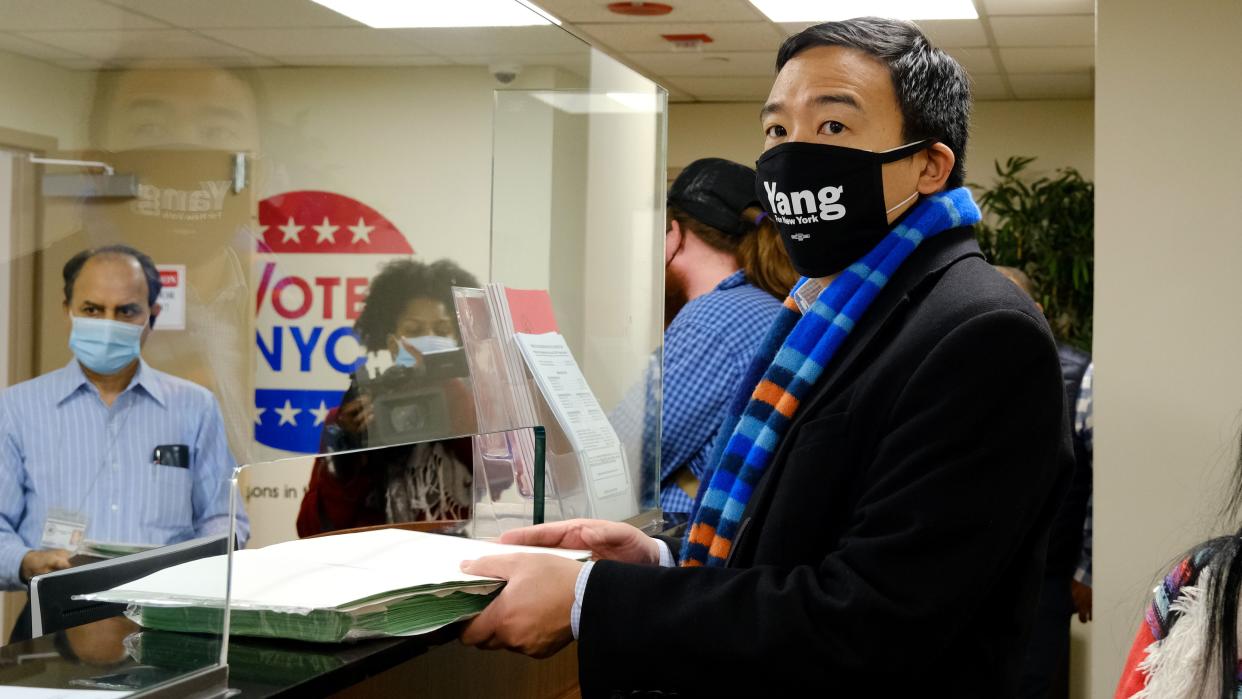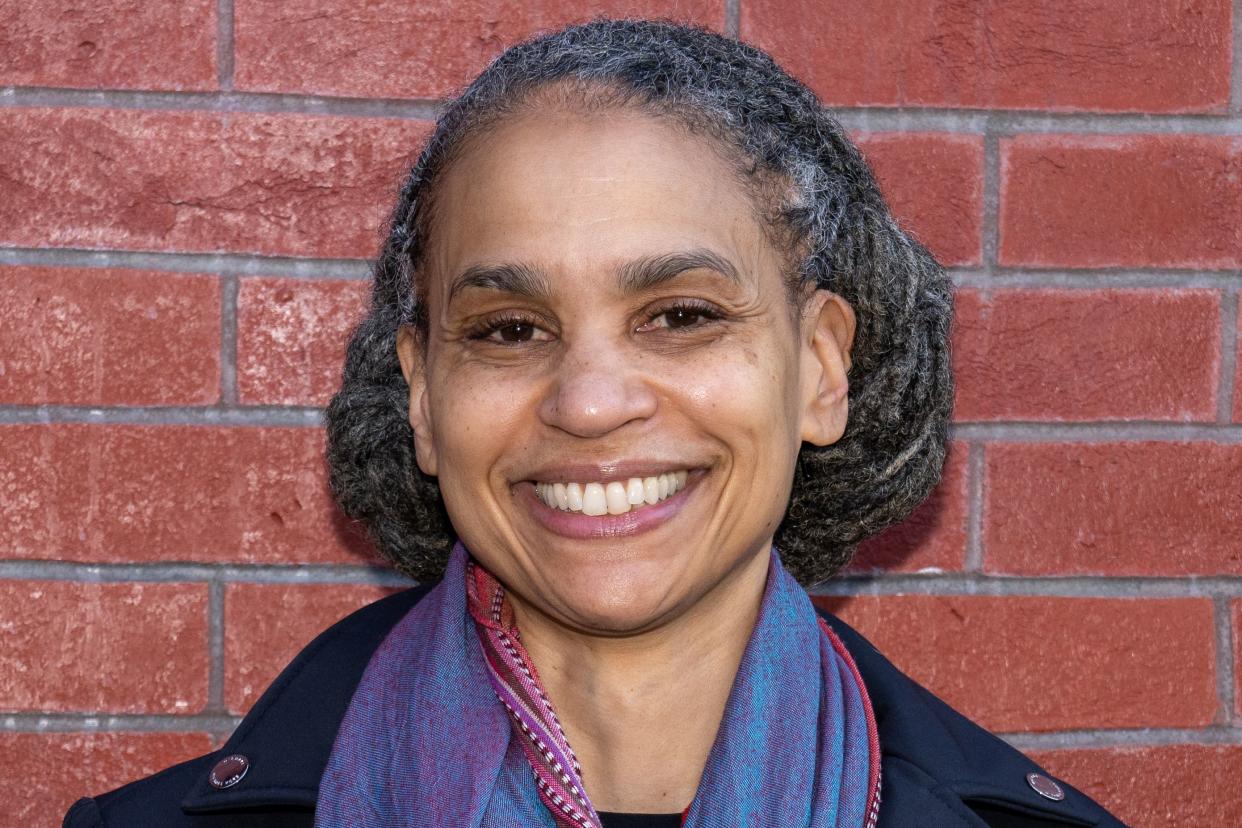Half of NYC voters polled undecided on mayor’s race; 16% back front-runner Yang
Half of New York City voters are still undecided on who they’ll choose for mayor, with the top ranking candidate only garnering 16% of support, the most recent mayoral poll revealed Wednesday.
Of 800 Democratic voters surveyed by phone, a full 50% said they don’t know who they’ll vote for, according to the new poll, which was conducted by Fontas Advisors and Core Decision Analytics last week.
Andrew Yang, the former entrepreneur who’s dominated other recent polls, topped this latest one with 16% of voter support. But that’s a far cry from the results of a previous poll, released just two weeks ago, in which he received twice the amount of support.

Brooklyn Borough President Eric Adams placed second with 10%, while former Mayor Bill de Blasio legal counsel Maya Wiley won 6% and Comptroller Scott Stringer garnered 5%, according to the Fontas/Core poll. The overall margin of error was plus or minus 3.5%.
“This campaign is wide open,” said George Fontas, a government affairs consultant whose firm sponsored the survey. “It’s anybody’s race.”
Ray McGuire, the former Citibank executive who’s raised more than $7 million so far — much of if from elite business leaders — remains in the middle of the pack with 4% of support. And three candidates are tied for last, with each winning 2% support — former U.S. Housing and Urban Development Secretary Shaun Donovan, former city Sanitation Commissioner Kathryn Garcia and Dianne Morales, a former nonprofit exec.

The last mayoral poll that took voters’ temperatures on the race had Yang receiving support from 32% of likely Dem voters. That poll, which was conducted by Emerson College, WPIX-TV and NewsNation, was released on March 8. A separate, earlier poll conducted by Fontas/Core projected Yang would win 28% of votes, but that poll’s questions included more background information about the candidates — like their current and former job titles. The latest poll did not include those identifiers.
A comparison of the two Fontas/Core polls shows that other candidates’ numbers declined over the past two months as well, with Adams dropping from 17% to 10% and Stringer going from 13% to 5%.

Still, the most important takeaway from the most recent poll appears to be that so many New York Democrats still haven’t made up their minds — and a majority of those voters are women, though those who are undecided seemed to cut more evenly along other demographic lines like race and age.
The poll also showed marked improvement among some candidates in terms of name recognition. Donovan and McGuire both saw their name recognition improve by double digits, 11% and 13% respectively. And Wiley’s went up 9%.

A pollster working for one of the mayoral campaigns questioned the methodology of the poll, specifically its reliance on reaching voters on their landlines and cell phones.
“I guarantee you every single campaign in this race is not using this methodology,” said the pollster, who asked to remain anonymous.
Fontas responded that live phone calls over landlines and cells are “the gold standard” of polling.
“People said what they said,” he added. “We didn’t make this information up.”






